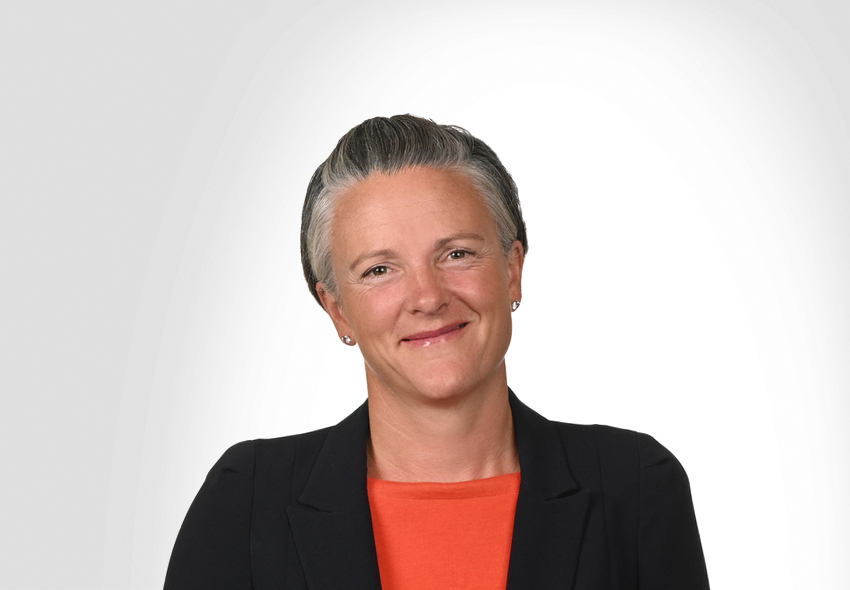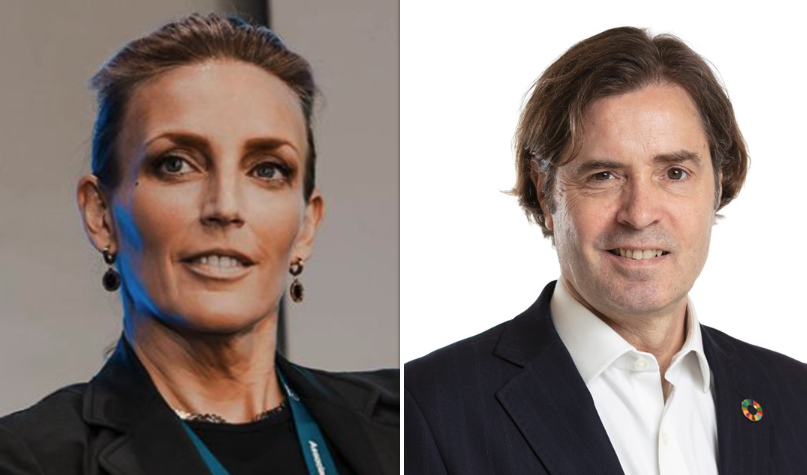


Industry experts gathered to explore the future of sustainability in business at the first Channel Islands Sustainable Business Conference earlier this month.
Taking place in both Jersey and Guernsey, the conferences were focused on promoting long-term wellbeing for people and the planet, with actionable insights for businesses committed to a sustainable future.
Sponsored by Mourant, the inaugural event saw keynote speakers, industry and thought experts drive a "call to action" for sustainable leadership in addressing pressing local and global challenges and showing how businesses can move towards achieving the United Nations’ 17 Sustainable Development Goals.
Chaired by experienced sustainability researcher and advisor Estelle Levin-Nally in Guernsey and Michelle Ryan, Chair of the Jersey Association of Sustainability Practitioners and Director of True Limited in Jersey, the conferences were supported by The Institute of Directors branches in both islands.
The Guernsey conference began with an address from Sally Rochester, Director at Mourant Consulting, who emphasised the important role that businesses can play in society by leading the charge in sustainability.

Pictured: Sally Rochester opened the inaugural event
“It’s only by being connected, collaborative, creative and courageous that we are going to lead our businesses towards a better future,” she said.
"None of us want to work for a business that damages the world around it.”
Jonathan Rigby, Global Managing Partner at Mourant, echoed this sentiment in his address, acknowledging that while Mourant has committed to deliver ESG goals, there is still much to be done.
The first session focused on the need to reframe business models to focus on long-term wellbeing.
Dr Victoria Hurth, Fellow at the University of Cambridge Institute for Sustainable Leadership, introduced the concept of "unsustainability" as a governance failure, emphasising that the current system, which prioritises financial capital over societal wellbeing, must be transformed.
She introduced the '3 Logic' Business Transformation Framework, which ranges from short-term self-interest (Logic 1) to purpose-driven, long-term wellbeing (Logic 3).
She described Logic 1 as a profit-first approach where CSR efforts are used to placate powerful stakeholders who want more sustainability. Logic 2 was outlined as when companies recognise that long-term profitability can align with sustainable practices, but the primary goal still being profit while Logic 3 was outlined as maximising wellbeing for all.
After interactive group discussions of the Framework, most participants identified that their organisation aligned with Logic 2.
Dr Hurth added that if the role of the economy functioned as intended, focused on enhancing societal and planetary wellbeing, there would be no need for a separate concept of sustainability altogether.
Steve Kenzie, Executive Director of the UN Global Compact Network UK, led a session on the role of business in achieving the United Nations’ 17 Sustainable Development Goals during the conference.

Pictured (l-r): Dr Victoria Hurth and Steve Kenzie.
He highlighted the importance of sustainable corporate practices, urging businesses to act now for the benefit of their own longevity, as well as for the planet.
Mr Kenzie provided 10 key pathways forward from the 17 SDGs, such as promoting gender equality, improving water resilience, and committing to sustainable corporate finance, which he explained as interlinked.
“It’s a mistake to just pick one or two of the goals and suppose you can address those goals alone. It’s one system,” he said.
Dr Marc Khan, Chief Strategy and Sustainability Officer at Investec Plc, then delivered a session on transforming organisational models to meet the demands of sustainability.
He argued that many businesses still operate within frameworks developed during the Industrial Revolution, which treat employees like cogs in a machine rather than as part of a living, self-organising system.
“The factories of the industrial age and the corporations of the current age are actually the very same organisation systems," he said. "But instead of working on a production line, you’re sitting at a desk, and instead of the machine stamping the shoes, there’s a code in a computer that you’re operating.”
Dr Khan’s central message was that organisations need to shift from machine-like, reductionist thinking to treating themselves as living systems which equires a balance between control and freedom.
Dr Khan used a metaphor of the brain as the ideal model for organisational leadership; flexible, self-regulating, and capable of learning.
The conference concluded with a panel discussion hosted by Estell Levin-Nally, CEO and Founder of Levin Sources, alongside Dr Khan, Mr Kenzie, and Dr Hurth.
Mr Kenzie urged businesses to “just get started” while Dr Hurth reinforced the need for governance to stay central to any transformation efforts and recommended keeping ambitions big, but focused. Dr Khan then emphasised the importance of people and businesses effecting change rather than waiting for governments to enforce it.
The conferences were also supported by the Guernsey Chamber of Commerce and the Jersey Chamber of Commerce and sponsors Handpicked Hotels, Investec, The International Stock Exchange and TPA.
Comments
Comments on this story express the views of the commentator only, not Bailiwick Publishing. We are unable to guarantee the accuracy of any of those comments.